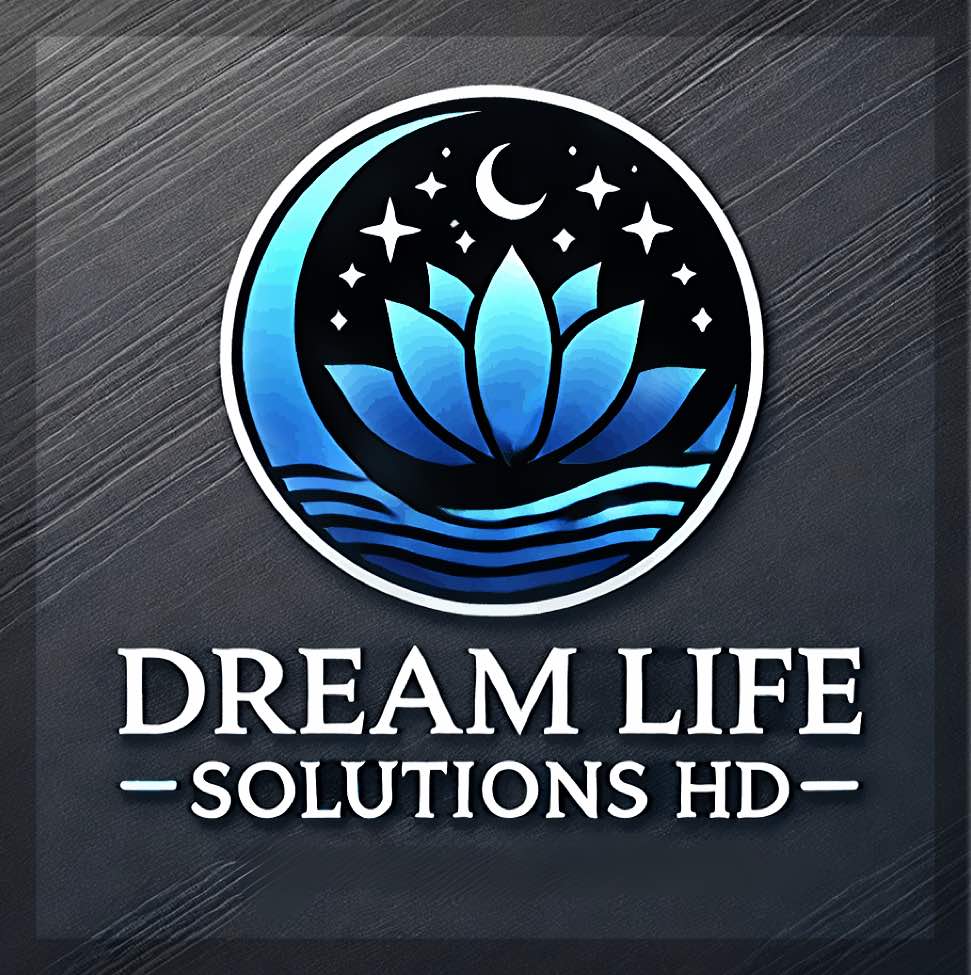
Think back to the first few steps of any new path you’ve embarked on. Whether it’s a journey to a foreign land or the first day at a new job, early actions often set the tone for everything that follows. I’m here to help you navigate those critical first steps in your career, shedding light on the common missteps that newcomers tend to make.
This isn’t just about avoiding the small blunders; it’s about steering clear of the foundational errors that can subtly, yet significantly, alter the trajectory of your professional life. Understanding the landscape of early career choices is crucial because the lessons you learn and habits you form can either propel you forward or hold you back.
A career mistake often stems from what beginners misunderstand about the workplace. New Hires in the workplace sometimes have skewed expectations or incomplete information, leading them to take misaligned actions. To complicate matters, these errors might not show immediate consequences, lurking under the surface to create long-term career repercussions.
That’s why building a success-focused mindset from the start is paramount. It’s about recognizing common pitfalls and actively working to avoid them. As you grow within your chosen field, these initial lessons pave the way for a more guided, intentional career development.
Now, let’s move forward and discuss one of the most pivotal elements that can either open doors or keep them locked for beginners: the power of networking.
Overlooking the Power of Networking
If you’re just starting out in your career, you might be so focused on nailing the technical aspects of your job that you overlook the power of networking. Don’t worry too much about this common oversight; I’m here to help you understand its importance.
The benefits of professional networking are immense and often underrated. You’re going to find out that it’s not just about collecting business cards and adding LinkedIn connections. It’s also about building lasting relationships that can provide guidance, open doors to new opportunities, and offer support throughout your career.
Failing to build a supportive community can leave you isolated in your career journey. Many beginners don’t realize that having a network of diverse individuals can be critical when seeking advice, looking for mentors, or navigating job transitions. It’s like trying to sail a ship without a crew. Choose something that resonates with you, whether it’s professional meetups, online forums, or industry conferences, to start building your community.
Underutilizing LinkedIn and other professional platforms is another misstep. These tools aren’t just online resumes; they’re dynamic spaces for sharing accomplishments, gaining insights, and connecting with industry thought leaders. Dive right in, post your achievements, engage with content relevant to your field, and watch your network grow.
Now, let’s talk about how to make the most of these connections. It’s not just about having contacts, it’s about cultivating meaningful relationships. Offer your help, share your knowledge, and stay in touch with your connections. Networking should be a two-way street where you’re both contributing and benefitting from the community.
In the next section, you’ll learn how handling negotiations is a pivotal part of leveraging your professional relationships and ensuring you don’t sell yourself short.
Failing to Negotiate: The Cost of Accepting the First Offer
You’ve landed the interview, aced the questions, and you’ve got an offer. That’s fantastic, but this is where many beginners hit a snag. It’s easy to feel so grateful for the opportunity that you accept the first offer on the table without questioning it. Let’s examine why that move might cost you more than you think. Remember, if you don’t ask, the answer will always be a no.
Recognize that negotiation is expected in the professional world. Employers often present an initial offer, expecting some degree of negotiation. If you don’t negotiate, you’re potentially leaving money and benefits on the table that could add up significantly over time.
Now, negotiating doesn’t mean demanding more with an ultimatum; it’s an art that involves preparation and finesse. Do your homework on industry standards for the position you’re being offered. Understanding your market value is crucial because it gives you a solid foundation for your negotiation.
And here’s something you might not realize: Negotiation can also include your job title, work hours, extra vacation, or remote work possibilities. Money is important, but benefits and flexibility can greatly enhance your quality of life. Think of the “total benefits package”, especially if you are a new entrant to the professional workforce with limited experience.
Remember, the worst thing that can happen is they say no, but they won’t rescind an offer just because you tried to negotiate. On the contrary, many employers respect candidates who know their worth. It shows confidence and foresight.
In case the employer won’t budge on the offer and it doesn’t align with your expectations or needs, it’s entirely appropriate to consider declining the offer. It’s a tough decision, but your first job may set the tone for your career trajectory.
Charting a Course for Continuous Growth: Navigating Beyond Mistakes
I’m here to help you with this part of your professional journey. It’s not merely about dodging pitfalls; it’s about recognizing the incredible opportunities for growth that arise when you do make mistakes. Your first attempt doesn’t need to be your last—far from it. Actually, those early bumps in the road are a goldmine for learning and adaptation.
Choose something that resonates with you from each misstep: a lesson, a reminder, or a new strategy. This mindset won’t just help you navigate early career errors, but it’s also critical for long-term development. After all, the landscape of work is evolving at a pace where adaptability isn’t just a bonus, it’s a necessity.
A lot is happening very quickly in today’s job market, and you can always adjust your approach down the road. Just don’t focus too much on perfection; what’s more important is your resilience and willingness to grow. Remember, being proactive, seeking mentorship, and consistently striving for improvement will set the foundation for a dynamic and fulfilling career.
I really hope that you walk away from this article feeling equipped and encouraged. Knowledge is power, and knowing these early career mistakes gives you the power to steer clear and chart your own path to success. If you want to keep building your career on a solid foundation, consider these lessons as essential building blocks. Ready to put this advice into action? Your journey is unique, and your adaptability is your greatest asset—use it well.
Did you find this post helpful? Please leave a comment below, share it with your friends, and don’t forget to follow us on Facebook and Instagram for more tips and insights!



